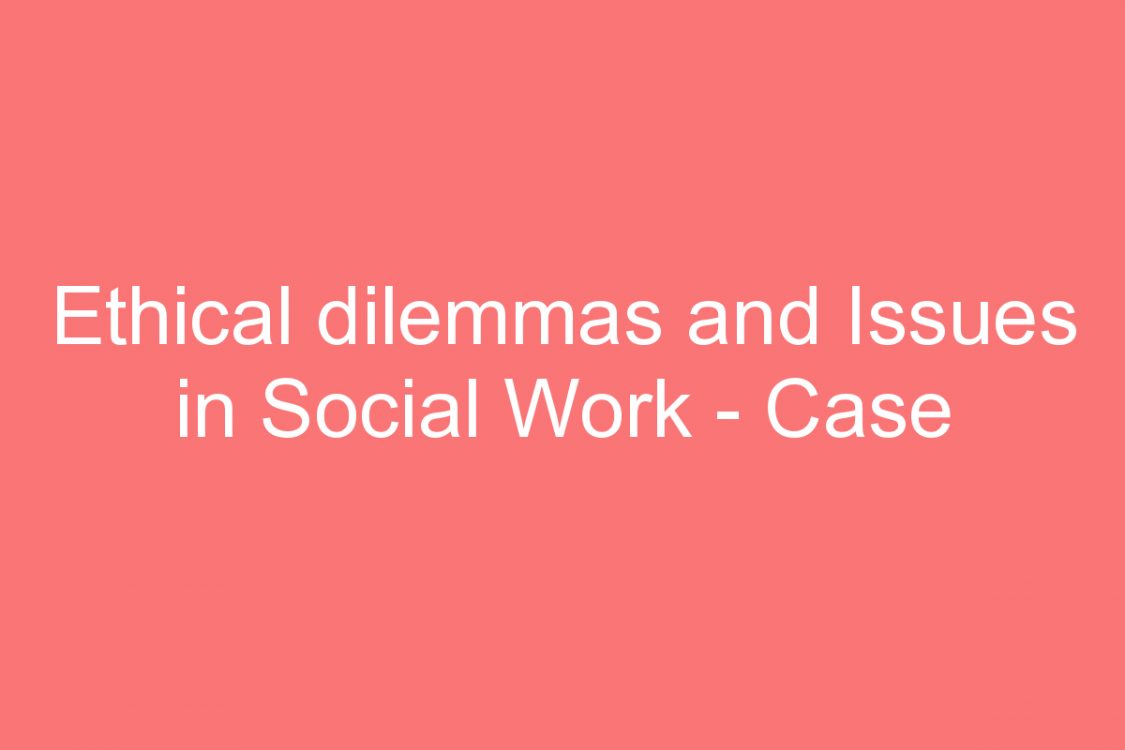Patients are screened on the basis of economic status for selection of the project. However, you come across various patients who are from middle and upper socio economic status but currently asymptomatic, who want to be part of the project. Although you believe they need to be treated, your hands are tied because of the ‘exclusion’ criteria. You often feel guilty that you have to tell patients that they cannot be part of the project.
• How will you deal with this issue?
• What ethical considerations will you take into account while responding to a situation like this?
The ethical issue of not giving upper and middles class people access to community mental health services should be considered in a national perspective. In India, about 2.9 million people are having mental illness. There are only 4000 psychiatrists for the 2.9 million people in India compared to 1 psychiatrist per 100 patients in Australia or 150 in developed countries.
The ability of access to mental health services are higher among upper classes and middle classes compared to lower economic classes. Most of these lower classes face discrimination from institutional services given by Private firms. They are being marginalized from the mainstream society. The people who are living in the urban areas are having adequate money, support and care from families and relatives. The lower classes do not have that much support, which is very evident in National Sample Survey results, 2011.
According social drift theory, the persons who are having mental illness will drift back to poverty due to low health, medicinal cost etc. When considering the people from lower economic backgrounds, these costs are excessively high and they are unable to cope with the existing situations. The costs that occur due to mental illness will be an added burden to their family budget.
Disabled persons, their families and caregivers incur substantial additional expenditure for facilitating activities of daily living, medical care, cost of medicines, transportation, assistive devices, etc. The people from the rural areas are not having enough money to deal with all these issues.
The current environment of the place where the organization run community mental health project should be analyzed before reaching to a specific conclusion. There are so many people with mental illness who are from lower classes and less number of people from upper classes and middle classes. There is an absence of low cost treatment for mental illness. So community mental health project is mostly needed for the people with mental illness who are from lower classes.
Even the hands are “tied” due to the exclusion criteria which is the policy of the organization that run community mental health project and I am have guilty about this, when considering the national perspective and the organizational policy, I feel empathy towards people with mental illness and try to justify the exclusion criteria.

